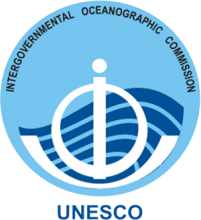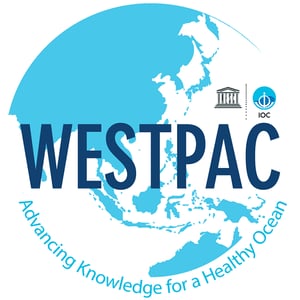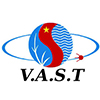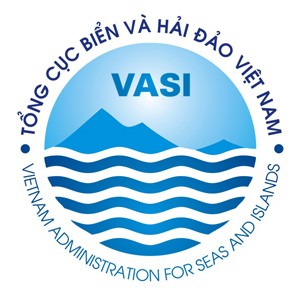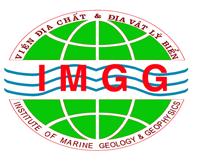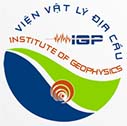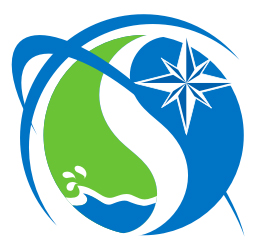Eleventh International Workshop on the Fluvial Sediment Supply to the South China Sea, 6–8 December 2018, Phnom Penh, Cambodia
FIRST CIRCULAR (Call for Abstracts & Registration)
1. About the event
The South China Sea offers an excellent natural laboratory for studying source-to-sink transport process of fluvial sediments among the global marginal seas. Numerous rivers, including the world’s large rivers (e.g. the Pearl River, the Red River, and the Mekong River) as well as small mountainous rivers (e.g. rivers in Taiwan), supply as much as 700 Mt/yr of observed suspended sediments to the South China Sea. Upon entering the sea, the fluvial sediments are further transported by various coastal, surface, and deep/bottom oceanic currents, which are related to the East Asian monsoon winds, intrusion of the subsurface Kuroshio Current, and deepwater from the Western Pacific through the Luzon Strait. The sediments have recorded detailed climatic and environmental changes occurring in land source regions both naturally and anthropogenically.
To understand the fluvial sediment supply to the South China Sea, the UNESCO Intergovernmental Oceanographic Commission’s Sub-Commission for the Western Pacific (WESTPAC) initiated the project on South China Sea Fluvial Sediments and Environmental Changes (FluSed) (2008–2019). The project provides a regional platform for scientists interested to advance their scientific knowledge and to stimulate new ideas. A series of FluSed international workshops were successfully organized on the study of the topic. The first and second workshops were held in Shanghai in 2008 and 2009, respectively. The third to the tenth workshops were held in Quezon City (2010), Bangkok (2011), Bandung (2012), Selangor (2013), Kota Kinabalu (2014), Hanoi (2015), Bangkok (2016), and Jakarta (2017), respectively. Through the organization of and participation into the serial workshops, participants identified various cooperative opportunities and materialized cooperation with collective efforts.
In order to integrate various research approaches, to stimulate scientific interactions, and to strengthen international collaborations, the eleventh FluSed workshop will be held in Phnom Penh, Cambodia, during 6–8 December 2018.
2. Call for Abstracts
The focus of the workshop will be on sedimentary, tectonic, and magmatic evolution of the South China Sea through case studies both in the South China Sea and on surrounding areas. Subjects and new results related to all modern observation, glacial-interglacial variation, and tectonic evolution scales are welcome.
Sessions on 6-7 December 2018 will be organized on subjects relevant to weathering and erosion in river drainage basins, sediment source-to-sink linkages, sea level changes and sequence stratigraphy in shelf and slope regions, deep-water sedimentation, tectonic and magmatic evolution, and paleoceanography and paleoclimatology.
A field excursion will be organized on 8 December 2018 as part of the program. The Boeung Tamok wetland is a national wetland lake in Cambodia, located around 15 km from the Phnom Penh capital city. The participants will investigate the ecosystem around the lake and the water flow to the Mekong River through the Tonle Sap River.
3. Organizers and venue
The workshop will be organized by the IOC Sub-Commission for the Western Pacific (WESTPAC), Royal University of Agriculture, Phnom Penh, Cambodia, and the State Key Laboratory of Marine Geology, Tongji University, China.
The Workshop will be held at the Royal University of Agriculture, Phnom Penh, Cambodia.
4. Abstract submission & Registration
Abstracts should be e-mailed to Xun Yu (This email address is being protected from spambots. You need JavaScript enabled to view it.) and Thav Sopheak (This email address is being protected from spambots. You need JavaScript enabled to view it.), with a copy to Nachapa Saransuth (This email address is being protected from spambots. You need JavaScript enabled to view it.) before 30 October 2018.
Abstract format: MS Word file, title, authors, affiliation(s), e-mail address of corresponding author, main text (A4, maximum 2 pages including figures). All abstracts will be collated in an abstract volume that will be distributed to all participants.
For pre-registration, please complete the enclosed Registration form and send it to the above mentioned contact points. Registration fee for up to 25 participants will be borne by the organizers. This includes program & abstracts volume, coffee breaks, meals during December 6-8, and field excursion.
5. Important Dates and Schedule
30 October 2018: Deadline for travel grant application
30 October 2018: Deadline for abstract submission and pre-registration
5 December 2018: On-site registration
6-7 December 2018: Scientific program
8 December 2018: Field excursion
6. Travel grant
A limited amount of funding will be available to support the travel of some qualified participants from WESTPAC countries. The travel grant shall cover their most economic round-trip airtickets, registration fee, and/or accommodations (December 5-8, 2018).
Those who intend to apply for travel grant should submit their applications along with Registration Form and abstracts before 30 October 2018. The application shall include: (1) a cover letter containing personal information, detailed travel budget, and the amount you are applying for; (2) an updated CV; (3) an abstract to be presented in the workshop. The travel grant notification will be sent to those selected participants individually and be announced at the WESTPAC website (http://iocwestpac.org).



